Is the 'Meat Reducer' diet the new norm?
Move over organic fads, intermittent fasting and strict plant-based diets. The new hottest trend amongst Australians this year is the ‘meat reducer' diet. Health and environment are dominating drivers when it comes to consumer choices these days, and this has led to a more nutrition-focused and tailored product offering on the shelves. CEO of Food Frontier, Simon Eassom also noted the importance of budget as a motivator for reducing meat consumption, rising from 40% in 2021 to 54% in 2024.
Simply defined as eating less meat, the meat reducer diet leaves space on the plate for more plant based options. The Food Frontier consumer survey found 21% of respondents have already adopted the ‘meat reducer' diet. When reducing meat intake, consumers are still looking to maintain the nutritional make-up of their plate and are doing this on the meat reducer diet by adding more vegetables, nuts, beans and alternate proteins.
Beans and legumes are proving a popular choice for those looking to reduce their meat intake. Often dubbed ‘the original plant protein’, beans and legumes are a great sources of protein and fibre. Moreover, as consumers continue their fascination with avoiding ultra-processed foods, beans are a minimally processed alternative to other plant proteins that still deliver on taste and satisfaction. These vegetable and bean alternatives are not only maintaining, but often improving the nutritional makeup of dishes, as well as placing less stress on our soil, climate and farming practices. Meaning it's good for both people and the planet.
This trend towards a ‘meat reducer’ diet is also representative of the consumer shift towards a more personal nutrition planning. By shaking the labels of traditional diets such as ‘vegan’ or ‘pescetarian’, they can create a more tailored diet that positively benefits their own wellbeing, while feeling good about helping the planet in a small way. For years we have seen the climate and food system become increasingly interlinked, and this is just the next progression in this relationship between the food system, climate and consumer.
